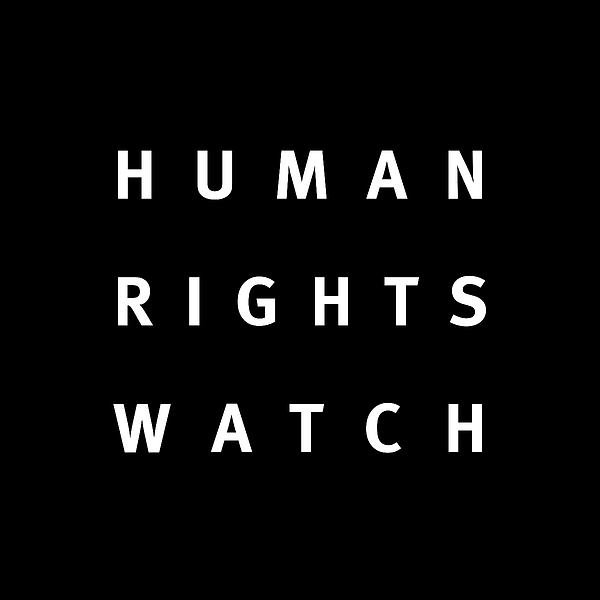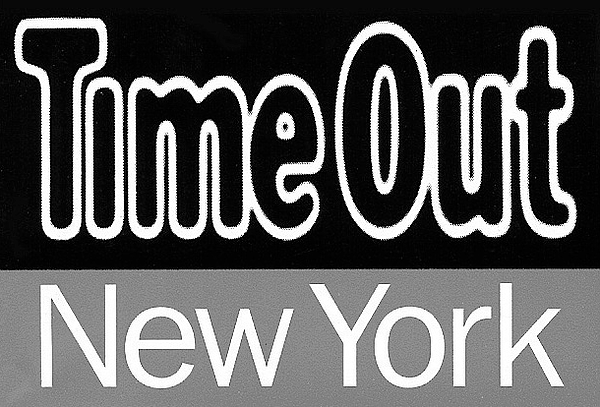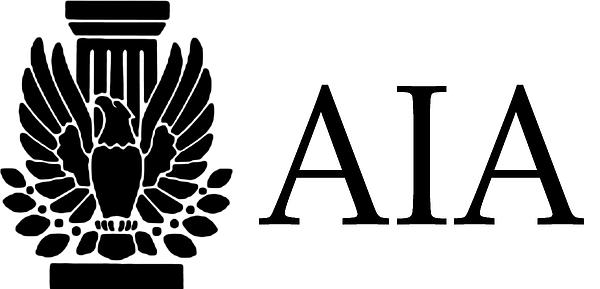News
A new series of short investigative videos examining how U.S. immigration enforcement has evolved into a rapidly growing multi-billion-dollar industry shaped by private profit and political power — a system in which profitability increasingly dictates policy and enforcement priorities.


A custom platform created by SITU Research aided the International Criminal Court to prosecute a war crimes case for the first time. It could change how justice is enacted on an international scale.

SITU Research and the Mexican human rights organization, Centro Prodh, release a new visual investigation recounting one of the most clandestine programs of the so-called "Dirty War" era.

The report is based on 240 interviews with mostly displaced Mariupol residents and an analysis of over 850 photos and videos, documents, and dozens of satellite images. The digital multimedia feature includes 3D reconstructions of seven buildings damaged in apparently unlawful attacks, graphics on damaged schools and hospitals, and an analysis of grave sites to help estimate the death toll.

Videos produced during discovery show that NYPD misconduct during the BLM movement of 2020 were widespread and pervasive.

On February 21, 2023, SITU and Human Rights Watch released a report and video analyzing a Russian Cluster Munition Attack on the Kramatorsk Train Station in Eastern Ukraine.

Our firm’s multidisciplinary workflow is the subject of a case study featured in a Belgian publication titled ‘Thinking-Making. When Architects Engage in Construction’. The book explores methods of practice that challenge the division between design and construction.

NYS Attorney General Letitia James filed a lawsuit against the NYPD for their “excessive, brutal, and unlawful force against peaceful protesters”. The lawsuit cited the NYPD’s June 4 planned assault on protesters in the South Bronx, which SITU Research investigated with Human Rights Watch in a video analysis published last September.

The Oregon District Court rules in favor of Don’t Shoot Portland (DSP) and protesters, finding that the Portland Police Bureau violated a temporary restraining order when using less-lethal weapons against a Black Lives Matter protest on June 30, 2020. SITU Research developed an event reconstruction of individual incidents of police violence for Don’t Shoot Portland’s testimony in court.

The Intercept covers SITU Research’s visual investigation of the Portland Police Bureau’s violent repression of a Black Lives Matter protest on June 30. This work was presented in the U.S. District Court in a case filed by Don’t Shoot Portland.

Streetsblog offers criticism on using design to address protester safety concerns, noting how this logic omits the responsibility of the police enacting violence. The article draws on our latest project with Amnesty International, which unpacks some of the ways in which urban environments can become “weaponized” in conjunction with the use of tear gas.

TimeOut New York features our strategies for increasing access to COVID-19 testing around the city.

The Architect’s Newspaper features new work from SITU Research for Amnesty International, which documents the abuse of tear gas worldwide and examines the dangers of this “less lethal” weapon.

The Cooper Union includes our Patient Screening Booths in their roundup of alumnae designing tools for COVID-19 relief.

officeinsight spotlights SITU and our cross-divisional work in their July issue.

Mapbox showcases our interactive platform for the Rohingya crisis as one of their favorite community maps of 2018.

Architect’s Newspaper published an article about SITU and Amnesty International’s new interactive platform.

Mapbox published an interview with the SITU Research team about the platform that maps atrocities against Rohingya and turns a massive catalog of evidence into a poignant and striking interactive platform.

The New York Times published an investigative article on our reconstruction of events during Ukraine's Euromaidan protests.

AN delves into our work with Amnesty International.

Our "concrete pumpkin void" earned a "Pritzker Pumpkin" from the AIANY.

The AIA reports on SITU Research competing at SXSWEco with our Spatial Practice for Evidence and Advocacy initiative.

The publication explores SITU's work to leverage smart design in legal and advocacy contexts.

Artforum covers our collaboration with the International Criminal Court as it conducts its first ever trial on the destruction of cultural heritage.

This piece unpacks Section 581, our research project that visualizes how antiquated property tax codes contribute to inequity across Manhattan.

CityLab covers our Section 581 project that renders visible the inequity of NYC property taxes.
